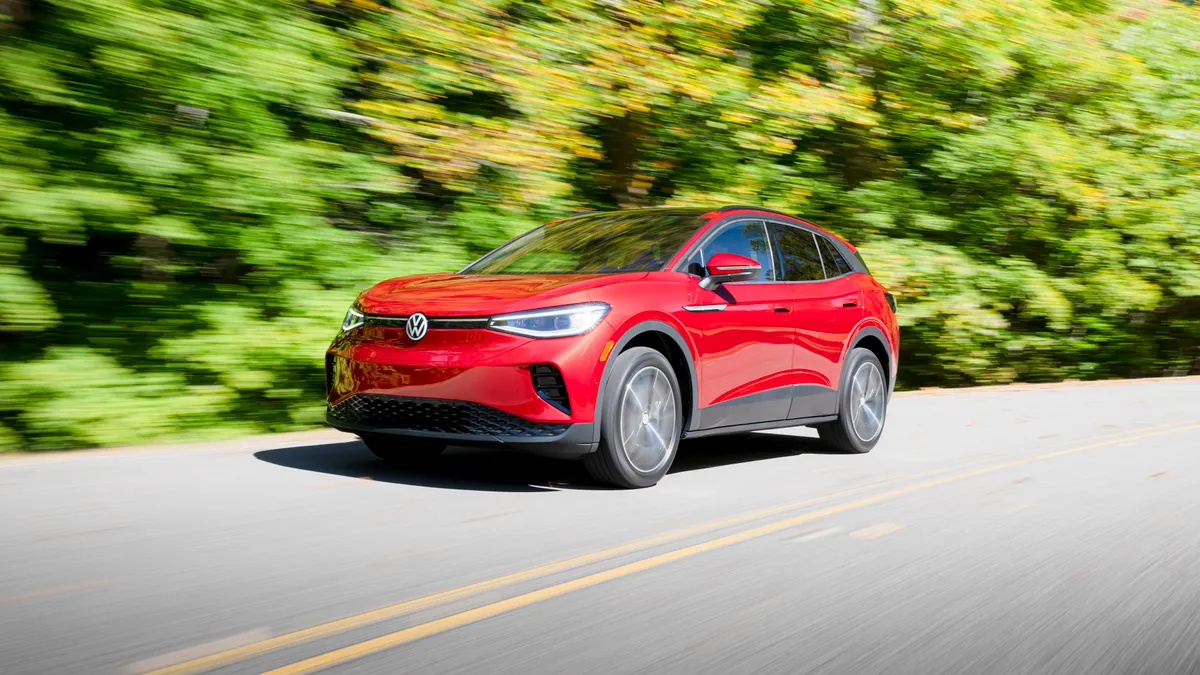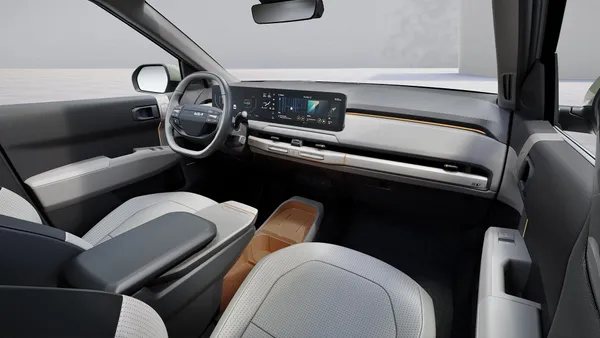This week, Volkswagen signaled it will lay off workers as part of a cost-cutting effort, with brand chief Thomas Schäfer telling staff that its original namesake brand is “no longer competitive,” according to multiple media reports.
The Volkswagen Group, which owns the original VW brand as well as Audi, Porsche, Škoda, Seat and others, announced earlier this year a $10.9 billion savings plan to increase production efficiency and profitability, though it did not then warn of impending job cuts. The German carmaker previously pledged in 2019 that it would not implement any involuntary layoffs at German VW plants until at least 2029.
Before the meeting announcing the possible layoffs, Volkswagen had already been in negotiations with its works council, a group of workers elected to represent the workforce before the company, regarding the multibillion-dollar savings plan.
Explaining the rationale behind cost-cutting measures, Schäfer said that the Volkswagen brand was not profitable enough to fund the transition to electric vehicles and that incoming EV orders were below expectations. The cost-savings initiative is meant to drive VW’s return on investment to 6.5% by 2026.
The chair of the works council, Daniela Cavallo, said that she would ensure management stuck to its promise to halt layoffs until 2029, according to an internal memo obtained by the Financial Times. During the Monday meeting, according to the memo, VW’s board member for human resources said that the company would aim to reduce the workforce by offering workers early or partial retirement rather than relying on outright layoffs.
Volkswagen has recently struggled in the electric vehicle race due to intense competition worldwide. The world’s second best-selling automaker has faced supply chain obstacles, resulting in stalled production lines at its plant in Germany. It’s also been losing market share in its biggest market, China, as local automakers such as BYD unveil more affordable EVs with sophisticated technology.
A report released earlier this year by Greenpeace East Asia estimated that Volkswagen would lose between 3 and 7 percentage points of its market share in China by 2030 as Chinese consumers continue to accelerate their purchases of EVs. In 2022, new EV sales in China — the world’s biggest EV market — increased by 82% as compared to the previous year.
Meanwhile, Volkswagen is on track to finish the year with its weakest sales performance in China in over a decade.











